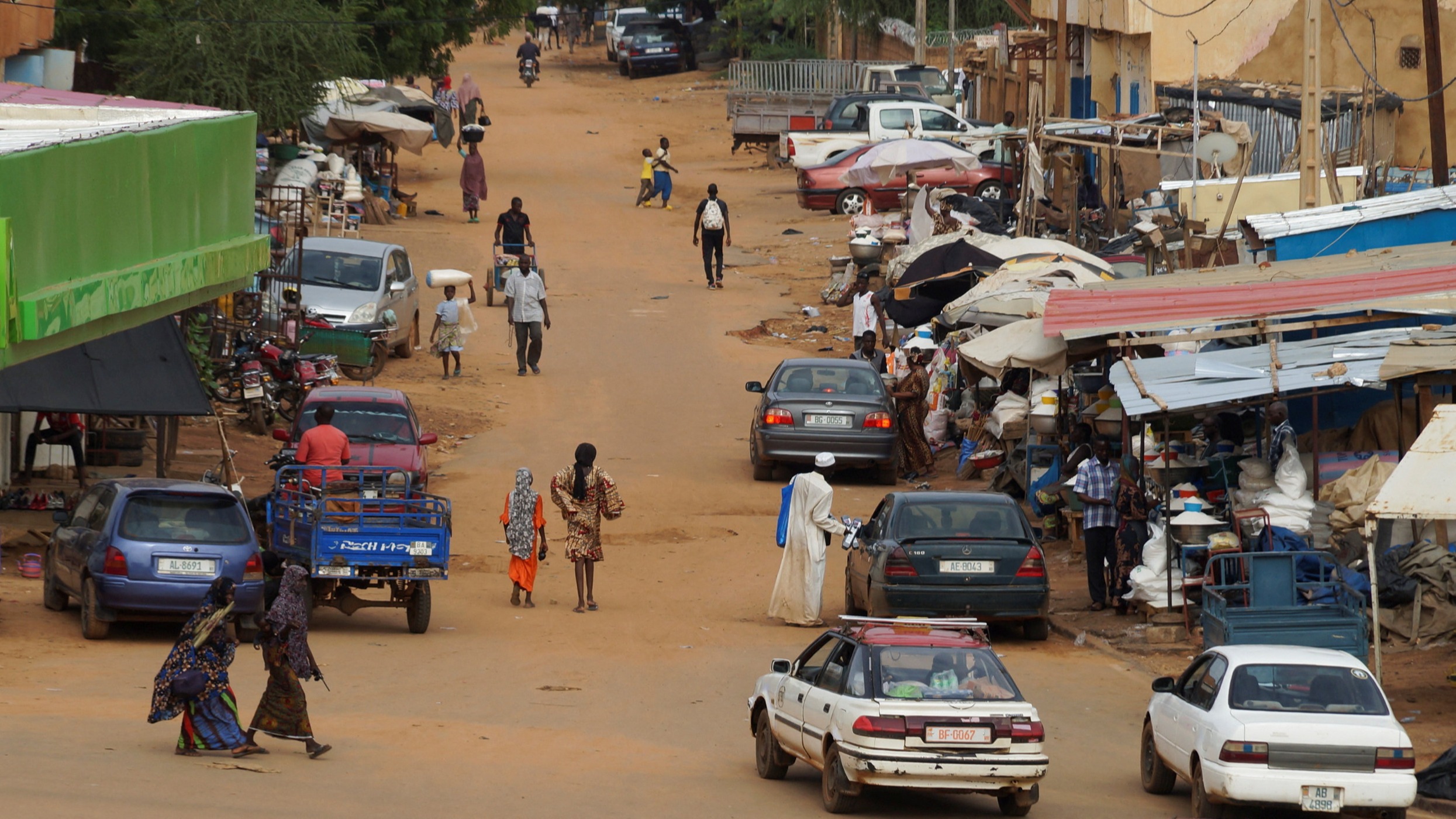The United States, in a response echoed by several European nations, has issued an order for the temporary evacuation of its embassy in Niger following the recent coup that ousted President Mohamed Bazoum. The coup, which took place in July, has escalated tensions in the region, prompting concerns over the safety of citizens and diplomatic personnel. While the embassy will remain open for limited emergency services, the evacuation has been undertaken “out of an abundance of caution.” The move comes as Niger weathers the aftershocks of its fifth successful military coup since gaining independence from France. This report delves into the unfolding events in Niger and the international response.
European Nations Follow Suit in Embassy Evacuation
The United States’ decision to evacuate non-emergency government personnel from its embassy in Niger has been mirrored by European countries. The first of several military flights carrying 262 individuals, mostly from France and Italy, has already departed Niger, emphasizing the urgency of the situation. The measures also include advisories for citizens to avoid unnecessary travel to Niger, particularly the capital, Niamey. The coordinated efforts of Western nations underscore the gravity of the situation and the risk posed to diplomatic missions and their personnel in the region.
Tensions Escalate Following President Bazoum’s Ouster
Niger’s recent coup, which led to the detention of President Bazoum and the rise of General Abdourahamane Tchiani as the leader, has sparked international outcry. President Bazoum’s removal has drawn criticism from Western countries, including the US, which had regarded him as a key ally in Africa’s Sahel region. The coup marks Niger’s fifth successful military overthrow since gaining independence from France. Although Bazoum’s inauguration in 2021 marked a significant democratic transition, the country has faced persistent threats to its constitutional order.
ECOWAS Demands Constitutional Order Restoration
The Economic Community of West African States (ECOWAS) has taken a firm stance against the coup in Niger, labeling President Bazoum’s detention a “hostage situation.” The regional bloc has called for his reinstatement, threatening to resort to military intervention if their demands are not met within a week. The prospect of armed intervention has garnered mixed reactions from neighboring countries. Burkina Faso and Mali, in a joint statement, warned that any military action against Niger would be considered an act of war against them as well. Protests in front of the French embassy in Niger have further compounded the situation, fueled by allegations made by the coup leaders against the French military.
The situation in Niger remains highly volatile as the aftermath of the coup continues to unfold. The US and European nations’ evacuation of their embassies reflects the seriousness of the threat posed to diplomatic personnel in the region. ECOWAS’s demand for the restoration of constitutional order further adds to the complexities of the crisis. As international partners rally in support of Nigerien democracy and human rights, the region watches with bated breath, hoping for a peaceful resolution to the escalating tensions.















